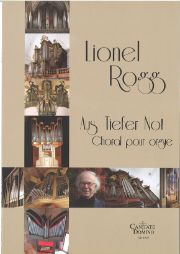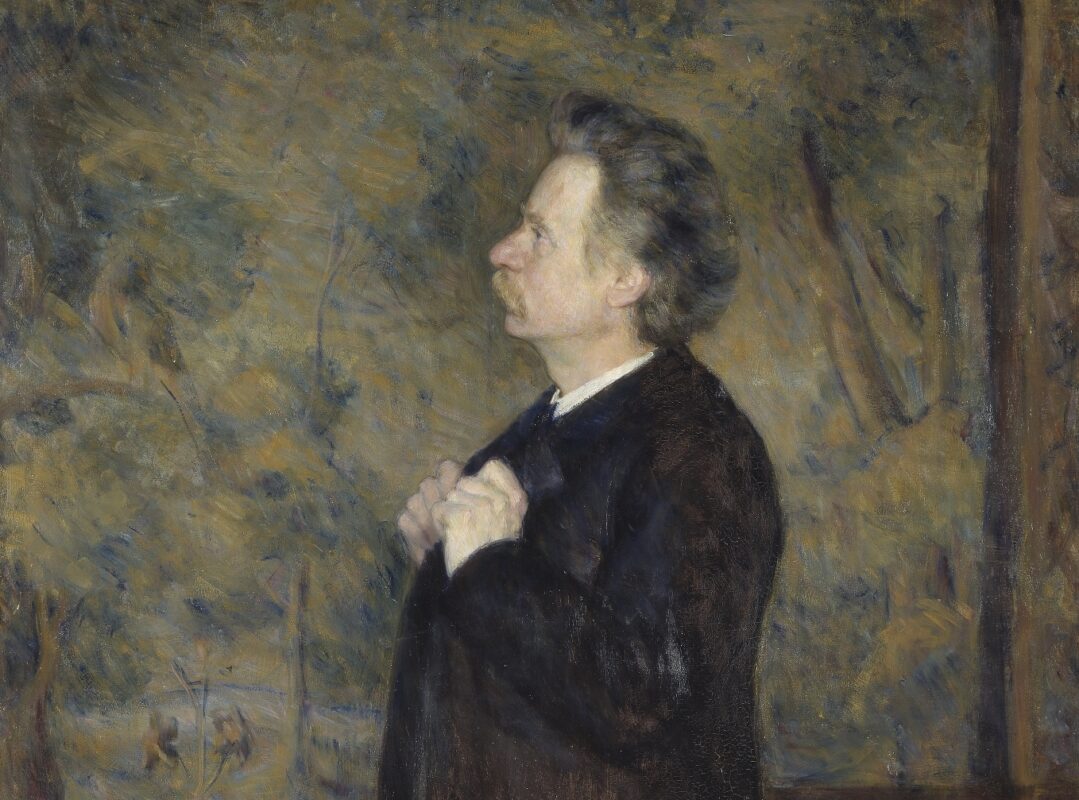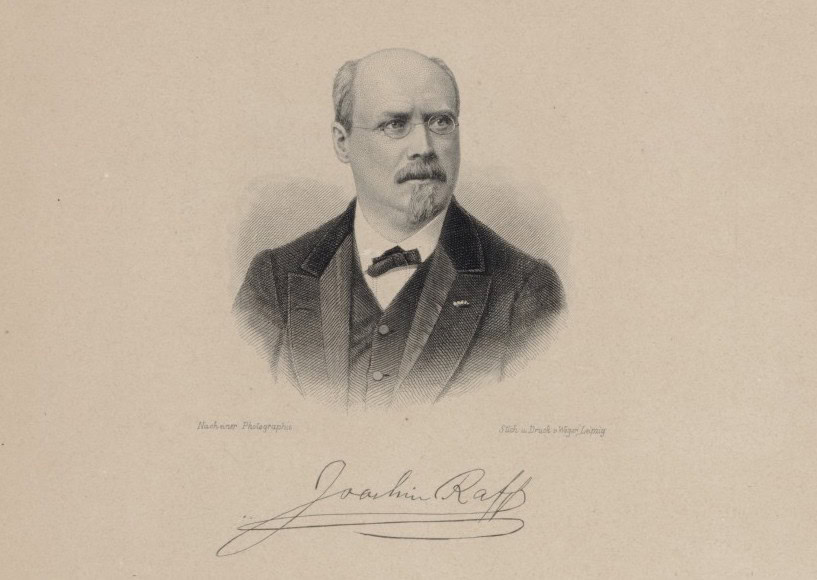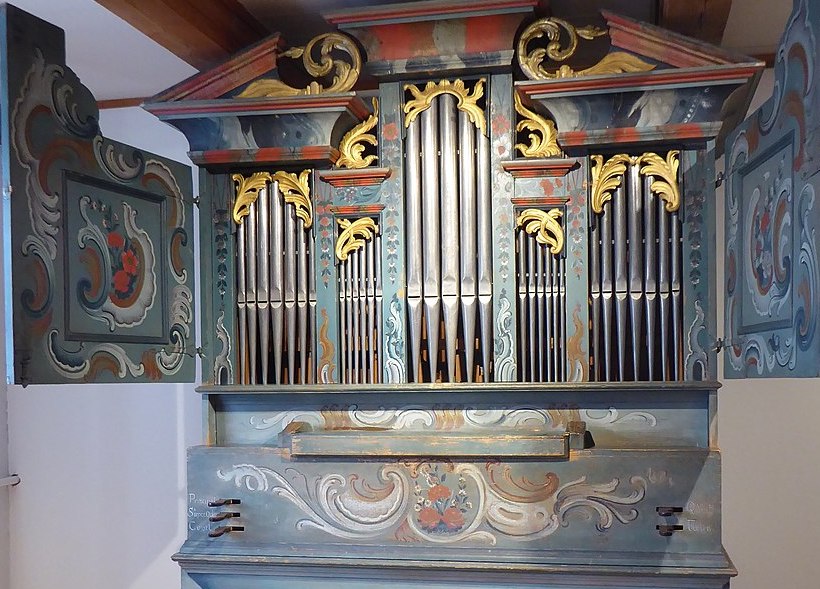Counterpoint cure
Lionel Rogg combines traditional compositional techniques with contemporary sounds in his works.

An entire collection of new works from the pen of Geneva organ virtuoso Lionel Rogg (*1936) dominates the catalog of new releases at Editions Cantate Domino. These include works with very different backgrounds: stylistic copies based on models from the Romantic and early modern periods as improvisational models, more humorously conceived "encore pieces", concertante and liturgical music, which show Rogg as a composer who draws on a large fund of compositional techniques, but whose very personal style is rather difficult to define.
The short chorale prelude Out of deep need is reminiscent of many an example from the French (improvisational) tradition in its almost continuous use of Olivier Messiaen's 2nd mode and the frequent juxtaposition of chords related to thirds. The gloomy, tense atmosphere of the accompanying chords, over which the modally alienated chorale rises in the pedal, impressively demonstrates how Rogg knows how to fascinate the listener with simple means. The two possible registration instructions for a medium or a rather large instrument can be realized effortlessly, only the almost unavoidable decimal tensions are likely to pose insurmountable problems for quite a few players with small hands; otherwise an all-round successful piece for concert and church service!
With the practical usability of the Trois Ricercare it is likely to be somewhat more problematic. In the three movements, which can be played on any keyboard instrument (a few brief dynamic indications and / or footnote positions provide clues to a corresponding realization), the composer has, according to the preface, subjected himself to a self-imposed "counterpoint cure". Technical "constraints" are intended to have an even more stimulating effect on the imagination and trigger discoveries in other areas. Rogg has undoubtedly succeeded in this brilliantly: The use of contrapuntal tricks such as various slurs, consistently employed counter-subjects or ostinato figures in the third piece results in three tart-sounding, harmonically almost incomprehensible movements, in whose free circling around changing tonal centers one occasionally hears echoes of Frank Martin or Paul Hindemith. A skillful "contrapuntal dramaturgy" lends the movements inner tension, intensified towards the end in the corner sections and in arch form in the middle movement. A concert performance in conjunction with early music is almost inevitable, as these three short pieces effectively demonstrate how the combination of centuries-old compositional techniques and contemporary sound material can lead to fascinating results!
Lionel Rogg, Aus tiefer Not (choral pour orgue), CD 3107, Fr. 9.60; Editions Cantate Domino, Fleurier 2013
id., Trois Ricercare pour orgue, piano ou clavecin, CD 3104, Fr. 12.80









